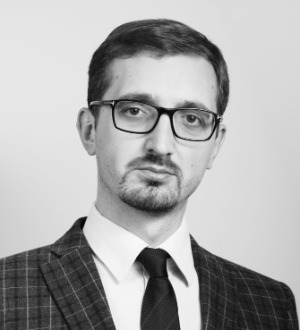On 9 June 2021, Mongolia held Presidential elections in which Ukhnaagiin Khürelsükh, former Prime Minister from October 2017 to January 2021, won 67% of the vote. Since 1990, international observers have recognized all elections in Mongolia as democratic and have again confirmed these elections were free and fair.
Ukhnaagiin Khürelsükh is Сhairman of the Mongolian People's Party. Luvsannamsrai Oyun-Erdene, from the same party, has been Mongolia's Prime Minister since January 2021: this situation is helping to reduce tension between the offices of the President and the Prime Minister, who had previously represented different political forces.
Opportunities for investors
Projects announced by Khürelsükh for diversifying the economy are likely to make the national government more open to investment from Russia and Western countries.
- Environmental projects in Ulaanbaatar, which is currently one of the world's most polluted cities, provide a promising area for investment, especially since Mongolia's capital is home to more than half the country's population.
- Mongolia remains an important transit hub for Russia in its relations with China and Asia-Pacific countries. A boost to infrastructure projects with Russia's participation can be expected. Promising projects include Russia and Mongolia jointly exporting goods to third states and making use, among other things, of the opportunities afforded by Mongolia's free trade agreements (such as that with Japan).
- The potential for investment in its mining sector is far from exhausted: up to 75% of deposits have yet to be drawn into economic turnover.
Investment by Western countries has so far been restrained by the relatively high political risks, the dominant influence exerted by China and Russia on Mongolia's economy, and by low awareness of Mongolia on the part of investors.
Please follow these links to read the full overview

















